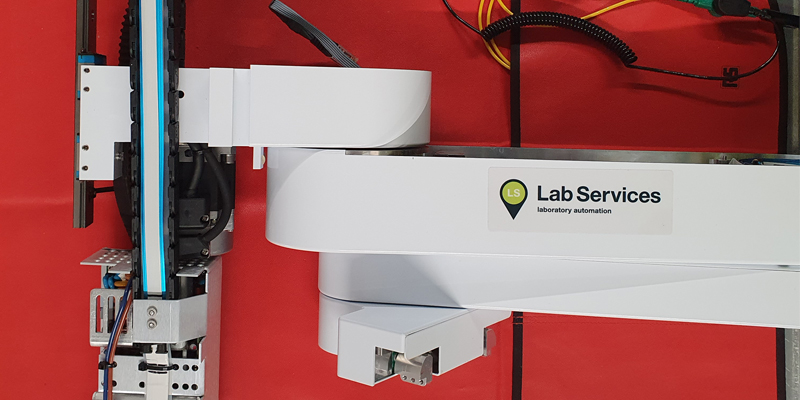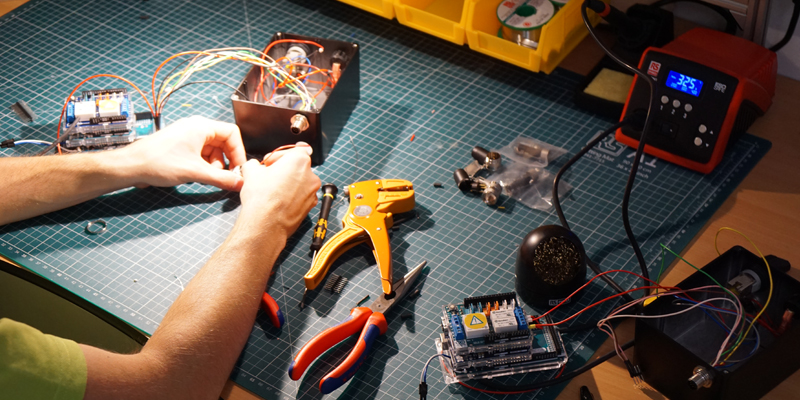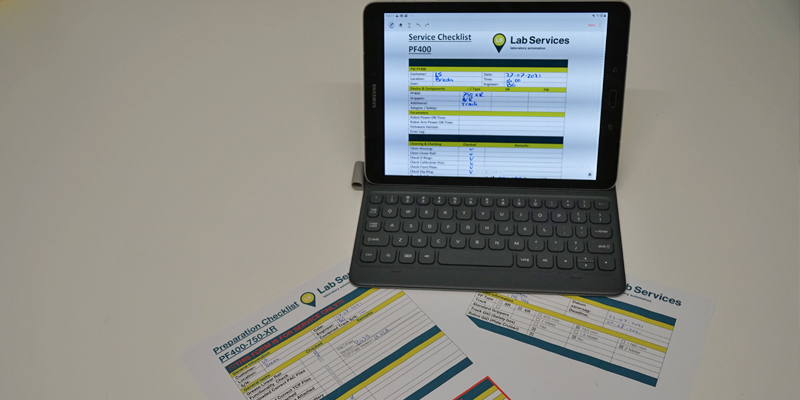Breda, 21 October 2021
As a Service Manager, the day starts with a meeting with the Service and Support team to go over the day's schedule. During this meeting, an estimate is made of the amount of time the team will be spending on specific projects. In general, a division is made between major projects that will take several days and other, smaller jobs that can be completed in just one day. During this meeting, it is decided what projects and activities take precedence during the current week and in the long run.
A Service Engineer has a versatile job. For example, they conduct preventative maintenance on existing equipment to keep it up to date and prevent possible issues before they arise. All the while, they can receive a call at any time and be asked to come resolve a malfunction in a client's system. In such cases, it is important that they hit the road as soon as possible to fix whatever is wrong. Service Engineers provide their services to and resolve malfunctions for both national and international clients. This means that they must be flexible with regard to travelling and accommodations.

As service provision is part of Myckel's main job, he often doesn't spend more than two days per week in the office - if that. However, whenever he does come into the office, he makes good use of his time by preparing upcoming service jobs, ordering new components and conducting internal repairs to components and equipment. Furthermore, he has to make sure that he has all the tools and equipment he needs at the ready once he hits the road.
That is why he goes to work in the service workshop once the meeting with the Service and Support team is over. This is a functional workspace where all the tools a Service Engineer needs to conduct their repair activities are available. Next week, for example, Myckel will be heading out to a major maintenance job together with a colleague. Now is the time to order the components he will need to ensure they are delivered on time. He also contacts the client to go over the schedule and determine whether there are any special concerns that will require repair or additional materials. All this is done to make sure there aren't any unexpected surprises.

Next, Myckel and his fellow Service Engineer leave for Schiphol. On to the client they have an appointment with around noon. This meeting is important in order to go over the current state of affairs regarding the client's system. The clients are happy to see the Service Engineers; after all, they are there to prevent possible issues with their system.
Time to go to work! The two work efficiently in order to complete the project successfully within the allocated time frame. You cannot have a nine-to-five mindset in this line of work. Instead, you must do whatever it takes to get the job done by the end of the week. On the final day, the two go over a summary of the activities they conducted together with the client. Now for the critical moment: the client has to sign the work order for approval. Their job isn't done until the client has signed off on their work. On to the next project!
